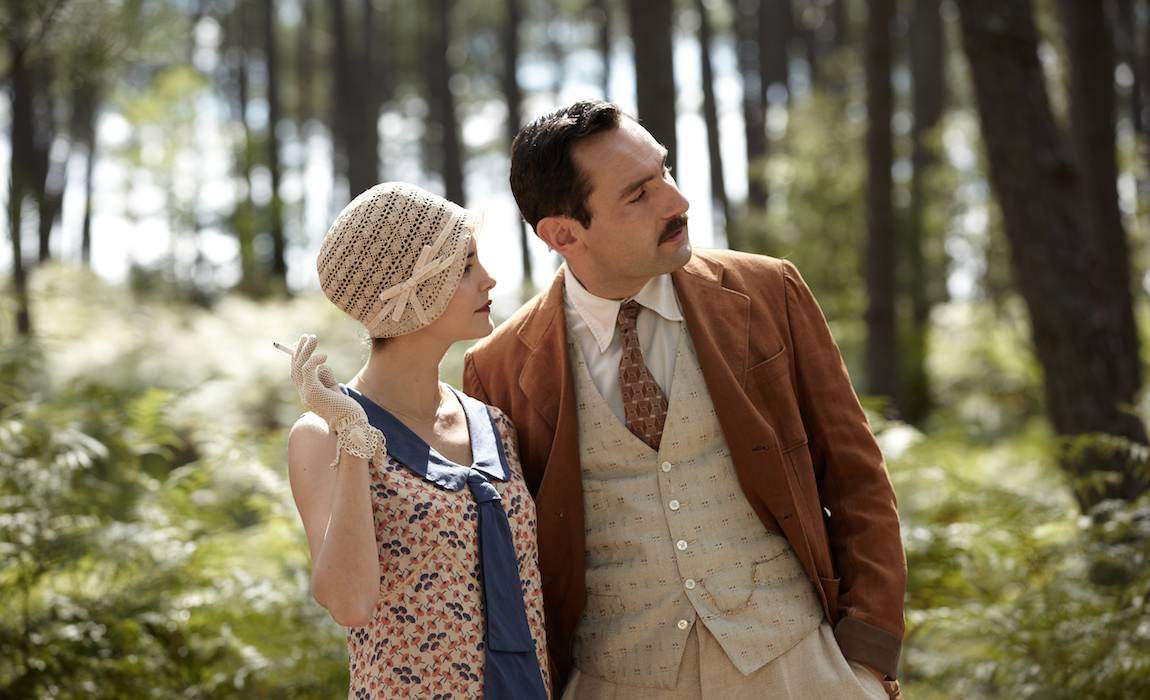Therese Desqueyroux
Do the words 'slow-burn, Audrey Tautou period piece' ring alarm bells? No? Then try director Claude Miller's final film.
Overview
>Much of your response to Therese Desqueyroux will depend on whether the words 'slow-burn, Audrey Tautou period piece' ring your alarm bells. In 1920s provincial France, unconventional Therese (Tautou as an anti-Amelie) weds a wealthy business owner pragmatically rather than for love. She realises the marriage is a trap lying in wait, a fact counterpointed by her stubborn sister-in-law's rash, passionate love affair with a poor, Jewish neighbour. Weighted with an unwanted pregnancy, Therese longs for an out, and when she discovers too much of her husband's medicine makes him ill, she makes an irreversible mistake.
There are two portraits painted here: one of a woman's slow dawning that she has no control over her life, and one of the society that corners women and strips them of their choices. The challenge for the highly respected director Claude Miller is to bring freshness to a theme so thoroughly mined by other adapted novels like Anna Karenina and Portrait of a Lady.
Perhaps something has been lost in the translation from novel to film. Perhaps Miller should have kept the book's original structure. Commencing with Therese's crime then stepping back to reveal the lead-up would have introduced some much-needed momentum and suspense.
Whatever the misstep, the character of Therese, not unlike the film itself, remains a little out of reach. Where Miller aims for 'restraint', he more often hits 'dour' and the outcome is an austere, sombre character study. The film momentarily lifts off in a handful of beautifully shot dream sequences where Therese privately acts her inner violence, but these respites are not quite enough to shake the fog.





